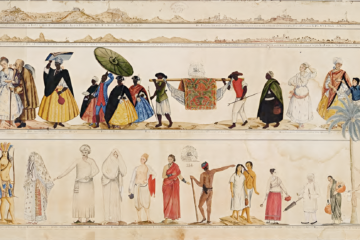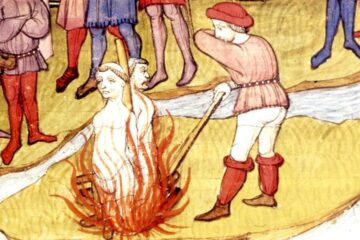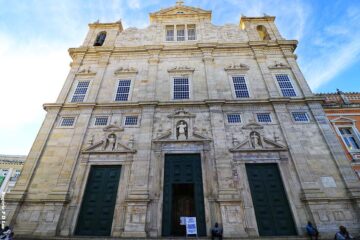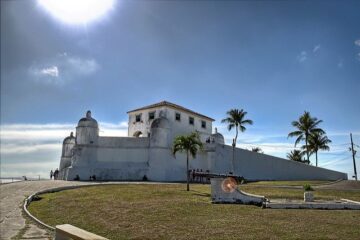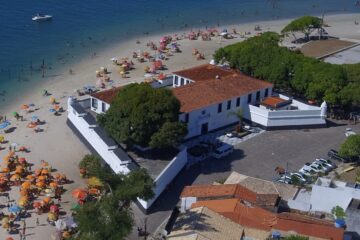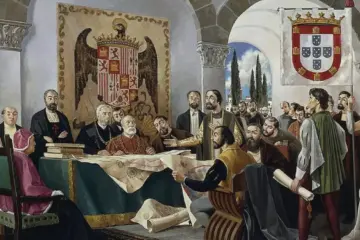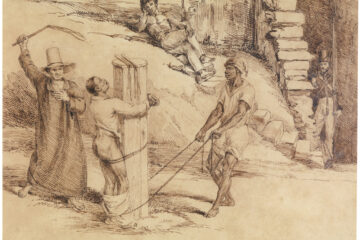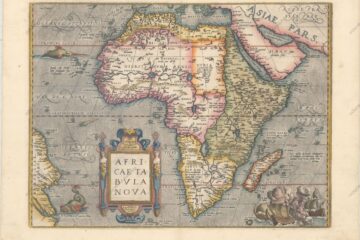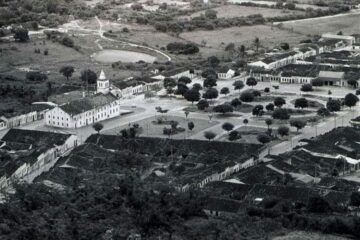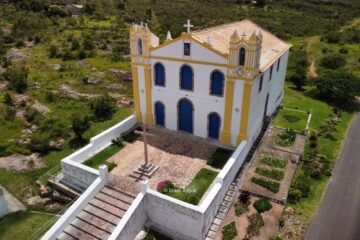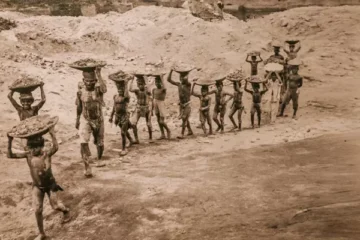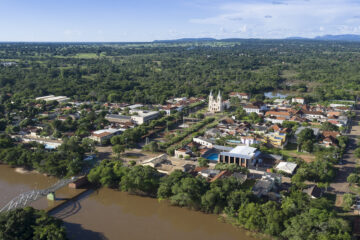The life and work of Jorge Amado: a legacy in Brazilian literature
Birth and childhood
Jorge Amado was born on 10 August 1912 on the Auricídia farm in the district of Ferradas, in the municipality of Itabuna, in the south of the state of Bahia. The farm was of great importance to cocoa production in the region, reflecting the social and economic context in which Jorge grew up. He was the son of cocoa farmers João Amado de Faria and Eulália Leal Amado.
When he was just one year old, he moved to Ilhéus, where he spent his childhood. He studied with Colégio Antônio Vieira and Ginásio Ipiranga in Salvador. During this period he began to work for newspapers and to participate in literary life, becoming one of the founders of the Academia dos Rebeldes, a literary group that was fundamental in the formation of many writers of the time.
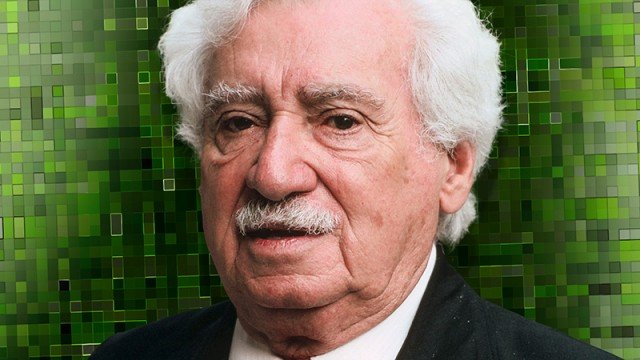
Beginning of his literary career
He published his first novel, O País do Carnaval, in 1931. He married Matilde Garcia Rosa in 1933, with whom he had a daughter, Lila. In the same year he published his second novel, Cacau, a social critique of the exploitation of rural workers on cocoa plantations, reflecting the social issues that Amado often addressed in his work.
Main works

Biografia de Jorge Amado
Jorge Amado is known for several important works, including
- The Land of Carnival (1931)
- Cocoa (1933)
- Dead Sea (1936)
- Captains of the Sand (1937)
- Jubiabá (1945)
- Gabriela, Clove and Cinnamon (1958)
- Tieta do Agreste (1977)
- The Disappearance of Professor Reis (1969)
- The Delicacy of the World (1980)
- Dead Sea (1936)
He graduated from the National Law School in Rio de Janeiro in 1935. A Communist militant, he was forced into exile in Argentina and Uruguay between 1941 and 1942, during which time he travelled extensively in Latin America and interacted with other intellectuals and artists, influencing his later work. On his return in 1944, he separated from Matilde Garcia Rosa.
Political activity and marriage to Zélia Gattai
In 1945 he was elected to the National Constituent Assembly by the Brazilian Communist Party (PCB) and was the most voted federal deputy from the state of São Paulo. Jorge Amado was the author of the law, still in force today, guaranteeing the right to freedom of worship. In the same year he married Zélia Gattai.
Exile and return to Brazil
In 1947, the year João Jorge was born, the couple’s first child, the PCB was declared illegal and its members were persecuted and imprisoned. Jorge Amado had to go into exile with his family in France, where he remained until 1950, when he was expelled. In 1949 his daughter Lila died in Rio de Janeiro, an event that had a profound effect on his life and work. Between 1950 and 1952, he lived in Prague, where his daughter Paloma was born.
Focus on literature and recognition
Back in Brazil, Jorge Amado left political activism in 1955, although he did not leave the ranks of the Communist Party. From then on, he devoted himself entirely to literature. On 6 April 1961, he was elected to the post of chair number 23 of the Brazilian Academy of Letters, whose patron was José de Alencar and whose first occupant was Machado de Assis.
Adaptation and cultural impact
Jorge Amado’s literary works have been adapted for film, theatre and television, including successful miniseries that have extended their reach. His works have also been the subject of samba schools in various parts of Brazil. His books have been translated into 49 languages and are also available in Braille and Audiobook formats.
Death and legacy
Jorge Amado died in Salvador on 6 August 2001. He was cremated according to his wishes and his ashes were buried in the garden of his home in Rua Alagoinhas on his 89th birthday.
Awards and international recognition
Jorge Amado’s work has received several national and international awards, including Stalin Peace Prize (Soviet Union, 1951), Latinidad Prize (France, 1971), Nonino Prize (Italy, 1982), Dimitrov Prize (Bulgaria, 1989), Pablo Neruda Prize (Russia, 1989), Etruria Prize for Literature (Italy, 1989), Cino Del Duca Prize (France, 1990), Mediterranean Prize (Italy, 1990), Vitaliano Brancatti Prize (Italy, 1995), Luis de Camões Prize (Brazil, Portugal, 1995), Jabuti Prize (Brazil, 1959, 1995) and Ministry of Culture Prize (Brazil, 1997).
He has been awarded the titles of Commander and Grand Officer in the Orders of Venezuela, France, Spain, Portugal, Chile and Argentina; and Doctor Honoris Causa in 10 universities in Brazil, Italy, France, Portugal and Israel. The title of Doctor of Sorbonne in France was the last he received in person, in 1998, during his final trip to Paris, when he was already ill.
Pride and lasting influence
Jorge Amado was proud of the title of Obá, a civilian position he held at the Ilê Axé Opô Afonjá in Bahia. His influence and legacy in Brazilian literature lives on, inspiring contemporary writers and new generations of readers.
The cultural impact of Jorge Amado’s works
Jorge Amado’s works have had a profound impact on Brazilian culture in many ways:
- social and cultural representation: Amado explored themes such as the lives of rural workers, social inequality, Afro-Brazilian culture and Bahian traditions. His works capture the essence of Bahian culture and contribute to the valorisation and dissemination of regional identity in Brazil.
- Literature and Style: With his rich and engaging prose, Jorge Amado popularised the Brazilian novel and made literature accessible to a wider audience. His style combines elements of magical realism and social criticism, influencing generations of writers to come.
- Adaptations and media: Many of his works have been adapted for film, theatre and television and have become popular hits. Miniseries based on his novels have brought his stories to an even wider audience, contributing to popular culture and Brazil’s collective memory.
- Political activism: Amado was an advocate of human rights and social justice. His political activism and commitment to social issues influenced public debate in Brazil, especially during periods of repression such as the military dictatorship.
- International recognition: His works have been translated into more than 49 languages, which has helped to project Brazilian literature onto the international stage. Jorge Amado’s recognition as one of the great Latin American writers has contributed to the appreciation of Brazilian literature abroad.
- Education and popular culture: His books are often included in school curricula, helping to educate new generations about Brazilian history and culture. Amado is considered one of the pillars of Brazilian literature, and his work is studied in various academic contexts.
- Influence on music and the arts: The richness of his characters and the cultural environment he describes have inspired musicians, artists and filmmakers, contributing to the creation of works that dialogue with his literature and extend his cultural legacy.
In short, Jorge Amado not only shaped the Brazilian literary scene, but also influenced culture, politics and national identity, becoming a central figure in Brazilian history.
Publicações Relacionadas
History of the introduction of Portuguese tiles in Brazil
História e Evolução do Trio Elétrico no Carnaval
Cultural Aspects of the Northeast Region of Brazil
Rapadura: A Sweet Treat from Northeastern Brazil
Maranhão's handicrafts have more than 400 years of tradition
Historic Towns in the Northeast: Explore the Past
Influences and main dishes of northeastern cuisine
Fine Arts in the Brazilian Northeast
São Jorge dos Erasmos Sugar Mill: A Landmark in Brazil
The influence of Arab architecture on the buildings of Pernambuco
Tracunhaém and Its Rich Clay Handicraft Tradition
History of the Brazilian Northeast
History of Carnival in Northeast Brazil
José Américo de Almeida: A Brazilian Literary Icon
Music and Rhythms of the Brazilian Northeast
Geography and Climatic Regions of the Brazilian Northeast
Tropical flowers are grown on a large scale in northeastern Brazil
Why go to the Brazilian Northeast?
This post is also on:
![]() Português
Português ![]() English
English ![]() Deutsch
Deutsch ![]() Español
Español ![]() Français
Français


